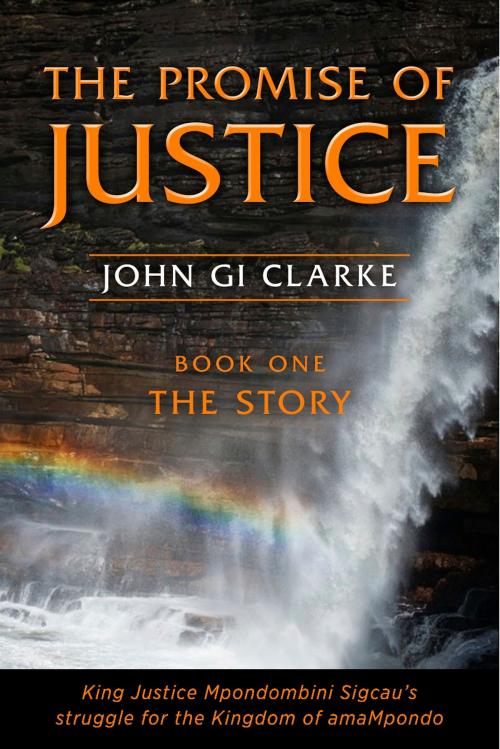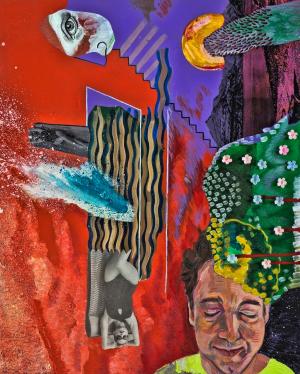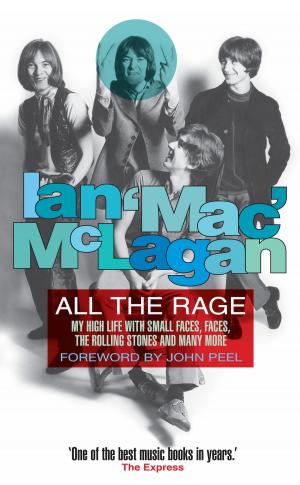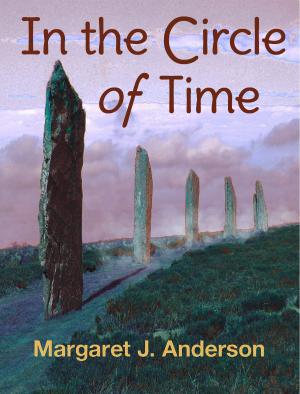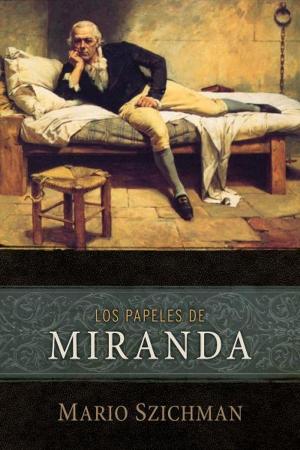The Promise of Justice. Book One. The Story
King Justice Mpondombini Sicau's struggle for the amaMpondo Kingdom
Nonfiction, History, Africa, South Africa| Author: | John GI Clarke | ISBN: | 9781483503424 |
| Publisher: | BookBaby | Publication: | July 1, 2013 |
| Imprint: | Language: | English |
| Author: | John GI Clarke |
| ISBN: | 9781483503424 |
| Publisher: | BookBaby |
| Publication: | July 1, 2013 |
| Imprint: | |
| Language: | English |
General Jan Smuts ironically described the amaMpondo in 1936 as "a native tribe considered somewhat backward in comparison to other tribes of the Union of South Africa" yet “unusually conservative and tenacious” resisting “the disintegration of native life.” In the democratic era their struggle for the right to decide their local destinies locally has not become easier. The Promise of Justice is a four part series written to pay tribute to two great amaMpondo Kings: iKumkani Sigcau ka Mqikela (ruled 1867-1905) and his descendent iKumkani Justice Mpondombini Sigcau (ruled 1978-2013). In 1895 Cape Prime Minister Cecil John Rhodes arbitrarily imprisoned King Sigcau for siding with his Chiefs against the harsh impositions of 19th century British colonial rule. In July 2010 King Justice Sigcau was deposed by President Jacob Zuma, mimicking history and threatening to reverse the amaMpondo’s success in preventing their ancestral lands from being mined for titanium and undermining their traditional way of life by the construction a new tolled highway nearby. In search of justice both kings took their cases to the highest courts. After the Constitutional Court hearing on 21st February 2013 King Justice Sigcau told me that he was sure he would win his court case against President Zuma, just as his ancestor had against Rhodes. Ten days later King Justice died unexpectedly, turbo-charging our final conversation with enormous historical significance. His Queen Masobhuza Sigcau kept the case alive on behalf of the AmaMpondo while I frantically worked to complete as much of the story as possible before judgement was handed down. On 13th June 2013 the Court ruled that President Zuma had indeed acted illegally in deposing King Justice Mpondonbini Sigcau. Books One and Two were completed with the Constitutional Court judgement still pending. Books Three and Four were written with the judgment of history still pending, hoping that its course will be made more promising. The Promise of Justice shows how King Sigcau’s extraordinary grasp of history empowered the amaMpondo Royal Family to outshine Cabinet ministers in grounding human rights with meaning. The main protagonists are the rural residents of the Pondoland Wild Coast and their Traditional Leaders, led by King Justice Sigcau. They actualised their human rights to successfully trump the award of mining rights. They showed that environmental rights and customary law, two unique features both entrenched in the South African Constitution, are not mutually contradictory. By integrating both the amaMpondo have inspired all of humanity with a way forward into the future. Book I : The Story, summarises the back story that got King Sigcau into trouble with a government obsessed with selling the amaMpondo mineral resources to the highest bidder. Book II : History (His Story) sharpens the focus on the courtroom dramas of two amaMpondo Kings to save the kingdom from domestication to colonial and neo-colonial powers. Book III : Mystery (My story) describes how my own ancestors helped me ‘write’ the wrongs of my own family history in its intersection with His Story. It confesses Ben Okri’s insight as to why “future flowerings” depend on facing our own truths. In Book IV : Our Story the action moves from Pondoland to the urban metropolis of Gauteng to explain how a principled Johannesburg business leader Wayne Duvenage was inspired by amaMpondo civil courage to hold the South African Government accountable to its citizens. The final instalment is written with but one single reader in mind: the President of the Republic of South Africa. If by the time it is published it is still President Jacob Zuma I hope he will come to the conclusion that if wishes to avoid finding himself on the wrong side of history in the company of Cecil John Rhodes he could offer no greater service to South Africa than to resign his office.
General Jan Smuts ironically described the amaMpondo in 1936 as "a native tribe considered somewhat backward in comparison to other tribes of the Union of South Africa" yet “unusually conservative and tenacious” resisting “the disintegration of native life.” In the democratic era their struggle for the right to decide their local destinies locally has not become easier. The Promise of Justice is a four part series written to pay tribute to two great amaMpondo Kings: iKumkani Sigcau ka Mqikela (ruled 1867-1905) and his descendent iKumkani Justice Mpondombini Sigcau (ruled 1978-2013). In 1895 Cape Prime Minister Cecil John Rhodes arbitrarily imprisoned King Sigcau for siding with his Chiefs against the harsh impositions of 19th century British colonial rule. In July 2010 King Justice Sigcau was deposed by President Jacob Zuma, mimicking history and threatening to reverse the amaMpondo’s success in preventing their ancestral lands from being mined for titanium and undermining their traditional way of life by the construction a new tolled highway nearby. In search of justice both kings took their cases to the highest courts. After the Constitutional Court hearing on 21st February 2013 King Justice Sigcau told me that he was sure he would win his court case against President Zuma, just as his ancestor had against Rhodes. Ten days later King Justice died unexpectedly, turbo-charging our final conversation with enormous historical significance. His Queen Masobhuza Sigcau kept the case alive on behalf of the AmaMpondo while I frantically worked to complete as much of the story as possible before judgement was handed down. On 13th June 2013 the Court ruled that President Zuma had indeed acted illegally in deposing King Justice Mpondonbini Sigcau. Books One and Two were completed with the Constitutional Court judgement still pending. Books Three and Four were written with the judgment of history still pending, hoping that its course will be made more promising. The Promise of Justice shows how King Sigcau’s extraordinary grasp of history empowered the amaMpondo Royal Family to outshine Cabinet ministers in grounding human rights with meaning. The main protagonists are the rural residents of the Pondoland Wild Coast and their Traditional Leaders, led by King Justice Sigcau. They actualised their human rights to successfully trump the award of mining rights. They showed that environmental rights and customary law, two unique features both entrenched in the South African Constitution, are not mutually contradictory. By integrating both the amaMpondo have inspired all of humanity with a way forward into the future. Book I : The Story, summarises the back story that got King Sigcau into trouble with a government obsessed with selling the amaMpondo mineral resources to the highest bidder. Book II : History (His Story) sharpens the focus on the courtroom dramas of two amaMpondo Kings to save the kingdom from domestication to colonial and neo-colonial powers. Book III : Mystery (My story) describes how my own ancestors helped me ‘write’ the wrongs of my own family history in its intersection with His Story. It confesses Ben Okri’s insight as to why “future flowerings” depend on facing our own truths. In Book IV : Our Story the action moves from Pondoland to the urban metropolis of Gauteng to explain how a principled Johannesburg business leader Wayne Duvenage was inspired by amaMpondo civil courage to hold the South African Government accountable to its citizens. The final instalment is written with but one single reader in mind: the President of the Republic of South Africa. If by the time it is published it is still President Jacob Zuma I hope he will come to the conclusion that if wishes to avoid finding himself on the wrong side of history in the company of Cecil John Rhodes he could offer no greater service to South Africa than to resign his office.
